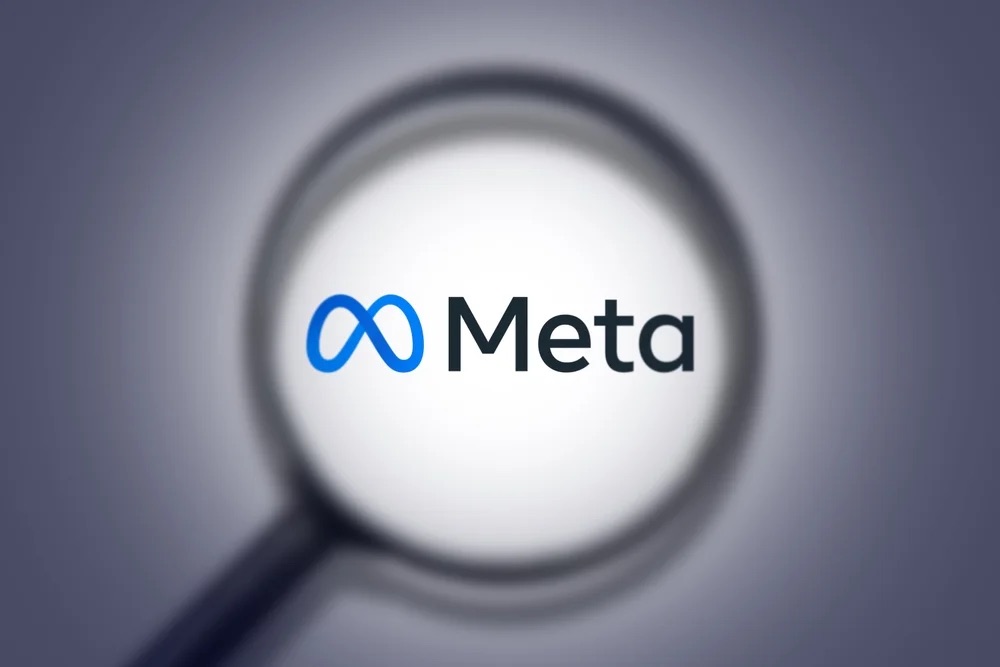
Meta, the technology company previously known as Facebook, is in the midst of the biggest antitrust trial in decades. This trial may lead to the breakup of its widely-used services, Instagram and WhatsApp. Appeal to reversal The trial opened following a lawsuit filed against the company by the Federal Trade Commission (FTC) in 2020. Its purpose is to figure out whether or not Meta’s purchases of these platforms were anti-competitive, illegal monopolization of the social media market.
Meta’s Acquisition Strategy and Impact
One thing is clear—Meta, led by CEO Mark Zuckerberg, has grown that power significantly through acquisitions in past years. The company had purchased Instagram for $1 billion in 2012 and WhatsApp for $22 billion in 2014. The FTC alleges that these acquisitions aimed to “neutralize perceived competitive threats” and establish a monopoly, thereby stifling competition in the social media landscape.
The impacts of this trial go far beyond the courtroom. Should the court decide against Meta, the industry giant’s core advertising business will almost certainly take a massive hit. With the doubling down on the separation of Instagram and WhatsApp, it risks losing close to 50% of its revenue. This would be a huge blow to Meta’s bottom line. The platforms are a major part of this dynamic duo’s revenue stream.
Zuckerberg’s Defense
Mark Zuckerberg took the stand during the trial, defending Meta’s acquisitions and denying that he was trying to create a monopoly. He noted that every dollar that the company has spent on their acquisitions was meant to strengthen their platforms.
“In practice, we ended up investing a ton in it after we acquired it.” – Mark Zuckerberg
Zuckerberg further highlighted the intensely competitive state of the social media marketplace, pointing to competitors including TikTok, YouTube and several more.
“The evidence at trial will show what every 17-year-old in the world knows: Instagram, Facebook and WhatsApp compete with Chinese-owned TikTok, YouTube, X, iMessage and many others.” – Meta (statement)
Notwithstanding these claims, the FTC continues to argue that Meta’s practice of buying up competition is harmful to fair competition. The lawsuit represents a critical test of the FTC’s ability to challenge major technology firms and enforce antitrust laws effectively.
Zuckerberg continued to defend the described acquisitions as a common and completely valid response to competition all throughout the trial. He stated simply:
“It is better to buy than compete.” – Mark Zuckerberg
This view has fueled controversy within the legal community. It has, perhaps more importantly, energized consumers who have benefited from the output of these platforms’ services. Public interest attorney Mark Hansen explained the consequences of Meta’s purchases on users.
“Anyway you look at it, consumers have been the big winners.” – Mark Hansen
As the trial begins, it promises to spotlight a new era of scrutiny towards Big Tech companies and their monopolistic practices. Depending on the outcome, their decision might set an important precedent for how acquisitions going forward will be judged under antitrust law.
Meta argues that its growth and acquisitions have led to innovation and improved services for users. The latter particularly seems to hold true given the huge investments the company has made into improving both Instagram and WhatsApp since acquiring them. Critics argue that this growth has been accomplished at the cost of competition and consumer choice.
The agency’s complaint should be welcome news for anyone interested in preserving a fair and competitive market landscape. Keeping Meta in charge of both Instagram and WhatsApp will only reinforce the anti-competitive behavior. This limitation will reduce the ability for new or competing players to join the social media marketplace.
Though this impactful case of monopoly busting unfolds, it coincides with growing concerns about anticompetitive practices across technological industries. The resolution will signal the regulatory direction of other big tech companies unless otherwise specified.
Author’s Opinion
The outcome of this trial will be pivotal for the future of fair competition in the tech industry. While Meta argues that its acquisitions have led to improvements for users, the long-term implications of stifling competition cannot be ignored. It’s essential that regulators act to ensure a competitive and open marketplace for the benefit of consumers and innovation.
Featured image credit: Finance Monthly
Follow us for more breaking news on DMR
